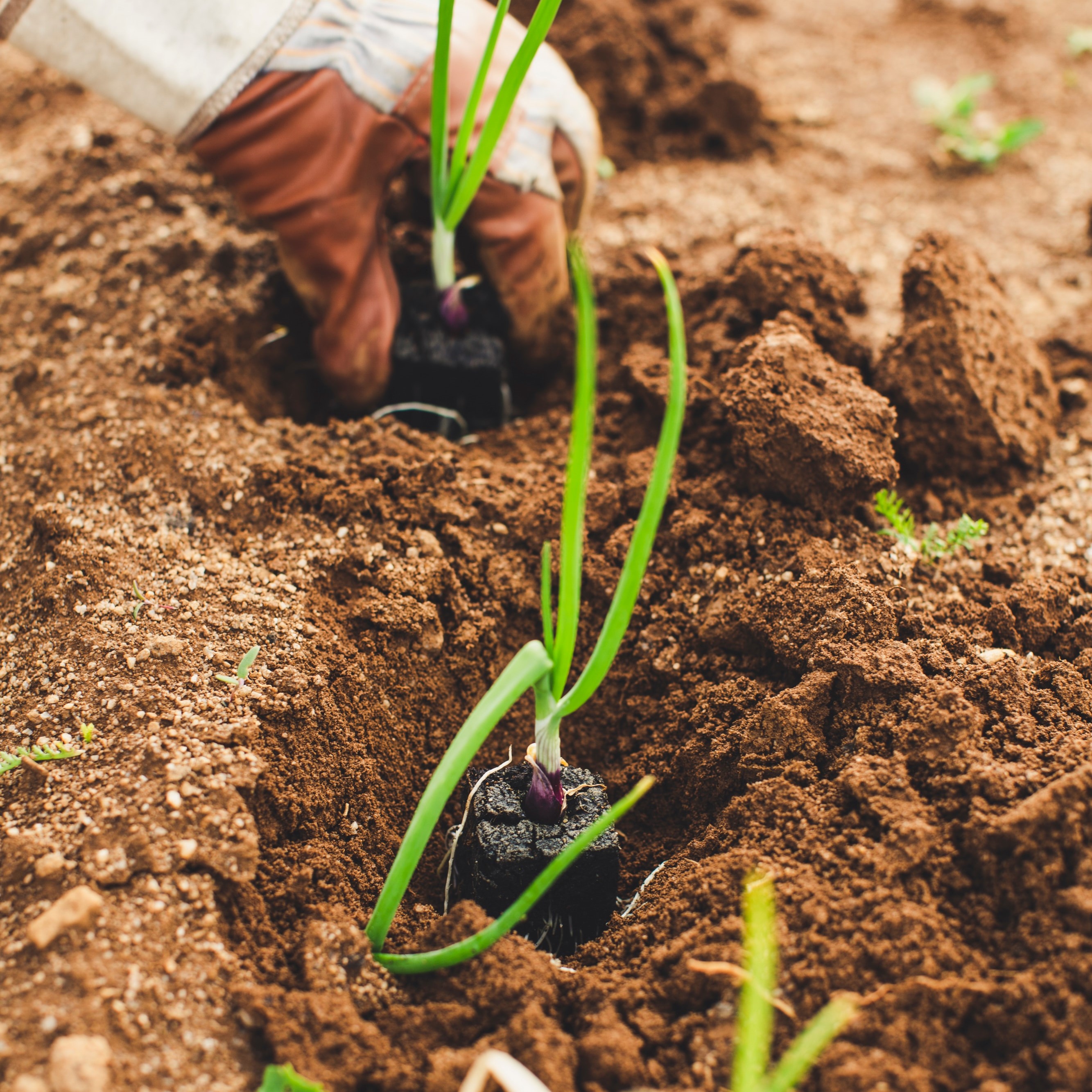
November Research Round Up
8 November 2023 by Leanne Scott

Latest Health Research News
Here is your November round up of the latest in health related research.
1. Does eating red meat increase the risk of Type 2 Diabetes?
A recent study made headline news claiming consuming red meat as little as twice a week increases T2 Diabetes (link to study in article)
Dr. Zoe Harcombe has completed a very thorough critique of this study. She found 14 serious issues with the study, including healthy user bias, inaccurate food frequency questionnaires, reported calorie intakes that would be virtually impossible, an incredibly low absolute risk ratio (even if the study results were reliable, which they aren’t), and more. Read her full article here for more details.
2. Alzheimer's disease and gut bacteria
A new study published in the journal Brain has confirmed the importance of the gut brain connection in the context of Alzheimer’s disease.
Researchers transplanted the gut microbiota from human Alzheimer’s disease patients into adult rats. These rats developed memory impairment and other symptoms of Alzheimer’s disease.
Alzheimer’s patients had a higher prevalence of inflammatory bacteria in their gut, and these changes were directly associated with their Alzheimer’s symptoms.
This study is a powerful reminder of how important it is to maintain optimal gut health. Read the study here.
3. Social media linked anxiety, depression and lonliness
The digital age and social media definitely is a dual edged sword. One the one hand it has allowed the world to become connected like never before but on the other hand it’s influence in mental health is now showing to have some profound negative consequences. A recent of college students found that those who cut their social media use to 30 minutes a day experienced less anxiety, depression, and loneliness than those whose use was unrestricted. They also scored higher for “positive affect,” which refers to “the tendency to experience positive emotions described with words such as ‘excited’ and ‘proud.’” In other words, they had a brighter outlook on life. Read the full paper here.
The paper is timely reminder on the back of 41 states in the US now suing social media giant Meta, claiming that Facebook and Instagram have an addictive effect on children. If you’re interested in reducing your social media exposure check out Human Tech here.
4. Most Americans will take prescription drugs for halt their lives
A new study from Penn State found that the average American male and female will spend 48% and 60%, respectively, of their lives taking prescription drugs. Put another way, people will spend more time taking medication than being in their first marriage or receiving an education.
Women start taking prescription drugs earlier than men do, in part because of hormonal contraceptives. But women are also more likely than men to take psychotherapeutic drugs and painkillers.
This is a disturbing trend, to say the least—especially when you consider that 36% of elderly adults take at least 5 prescription drugs. Read the full paper here.
How does this translate in Australia?
In fiscal year 2022, approximately 66.5 percent of respondents to a survey on patient experiences in Australia received prescriptions for medication from a general practitioner. Since 2011 the share of patients who had received prescriptions each year has remained at or just below 70 percent. Read more about Australian prescriptions.
And New Zealand’s prescription stats are perhaps the most concerning with a marked increase in most prescriptions - see more here.
With so many side effects associated with medications and considering our health is completely determined by what we put into our mouths and how we absorb it, isn’t it time to consider a little Nutritional Therapy.
5. Genetically Engineered Microbes
“Chemical pesticides have been around for a long time. Glyphosate was first used as a herbicide in the 70's, before that it was other chemicals like dicamba & 2,4-D. These poisons were introduced to control weeds & other pests.
But what has happened over time is more & more species of weeds have become resistant, to the point where we now have glyphosate resistant super weeds.
This is becoming a major issue & has lead to more & more glyphosate being used. Essentially it seems to be becoming less effective over time.
This is bad news for companies like Bayer/Monsanto who make their money from making & selling these poisons. But they aren't just going to roll over & allow themselves to lose money
However instead they're looking for the next big weed killer, only this time instead of working on something that goes ON the soil, they're working on something that goes IN the soil.
According to a recently released report from Friend's of the Earth, over the last 10 years, Bayer/Monsanto, Syngenta, BASF & other biotech companies have spent billions buying smaller companies that specialise in microorganisms, aka microbes.
They want to create genetically engineered microbes that have enhanced abilities to either kill pests or generate more nutrients. That might not sound like that big a deal at first, they've been genetically engineering crops for decades now right?
Well yes - and that has its own set of problems - but this is a whole other kettle of fish. First of all, think about the sheer number of organisms we're now dealing with.
There are literally billions of microbes in just a spoonful of soil, that becomes trillions when you expand out to a field on a farm. Trillions of organisms that have gone through the process of genetic engineering being released out into the world.
And unlike plants & animals, microbes are capable of something called horizontal gene transfer, this basically means they can share their DNA with other organisms even if they're totally unrelated!
We have no way of knowing what the long term consequences of this could be...
But we do know that the process of genetic engineering itself (even the newest forms) are imprecise, unpredictable & can lead to unintended effects where genes can be accidentally added or the wrong gene can be silenced or even deleted. These microbes could cause changes in the DNA of weeds & other pests that could have any number of side effects & once that happens, there's no way of undoing it.
Despite these risks & potential consequences, certain strains of GE bacteria have already been released onto millions of acres of land in the US. Read more here.
What do you think of these new GE microbes?”
Many thanks to our friends at The Healthy Patch for raising awareness

Leanne Scott
Leanne is a Board Certified Functional Nutritional Therapy Practitioner, Integrative Health Coach and Director of NTA Australia/NewZealand. She hopes to transform the health of future generations through loving support and self empowerment. Find Leanne at purecorenourishment.com.au
